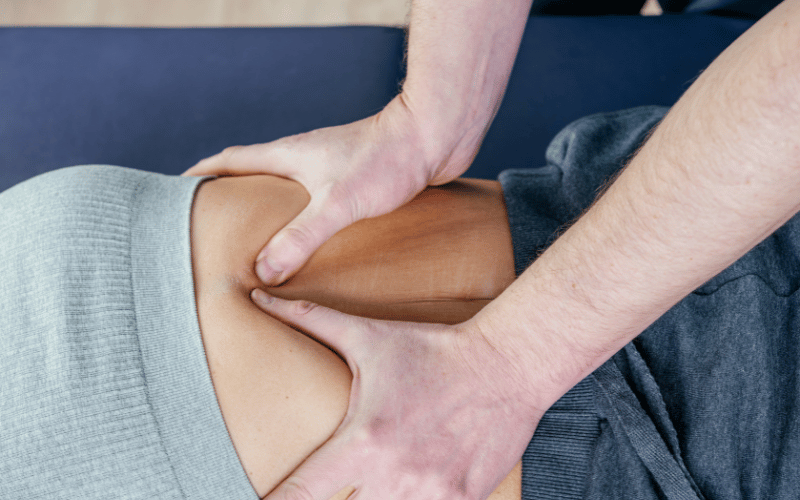Introduction: The Unraveling Mystery of Hiatal Hernia

A hiatal hernia, commonly termed a hiatus hernia, is one of those medical conditions that often remains shrouded in mystery for many. It’s a condition where a segment of the stomach nudges through the diaphragm, particularly at the spot where the esophagus connects with the stomach. Depending on the individual, the effects of this condition can range from inconspicuous to a set of uncomfortable symptoms, including heartburn, acid reflux, and sometimes even chest pain.
So, what causes this anatomical anomaly? How does a person’s stomach end up protruding through a muscular wall meant to separate our chest from our abdomen? Is it the result of our modern lifestyle, genetics, or just pure misfortune? In today’s discussion, we’ll explore the primary reasons behind the development of a hiatal hernia. By understanding these triggers, one can possibly sidestep its occurrence or at least manage its symptoms better. Additionally, by staying informed and making a few conscious choices, it’s possible to limit its impact on daily life.
Cause 1: Natural Weakening of the Diaphragm Muscle

As the human body ages, various functions start to degrade, and the diaphragm muscle isn’t an exception. The diaphragm serves a dual purpose. Not only is it pivotal in the breathing process, but it acts as the partition between the chest and abdomen. Over time, like other muscles, it begins to weaken. This weakening can make it more susceptible to hernias, especially when other pressures act on it.
Now, while it’s a natural progression, certain factors can exacerbate the weakening. These might include poor nutrition, lack of exercise, and some pre-existing medical conditions. Some might wonder if there’s a way to counteract this decline. While completely preventing it might be a tall order, measures can be taken to slow it down.
Keeping the core muscles strong and engaging in diaphragmatic breathing exercises can be beneficial. This not only enhances the strength of the diaphragm but ensures it remains flexible. In turn, the likelihood of a hernia forming due to this cause alone is reduced.
Another key to mitigating this cause is maintaining a balanced lifestyle. A holistic approach to health, encompassing diet, exercise, and regular check-ups, can prevent complications. After all, while the weakening might be natural, one doesn’t need to resign themselves to its consequences. (1)